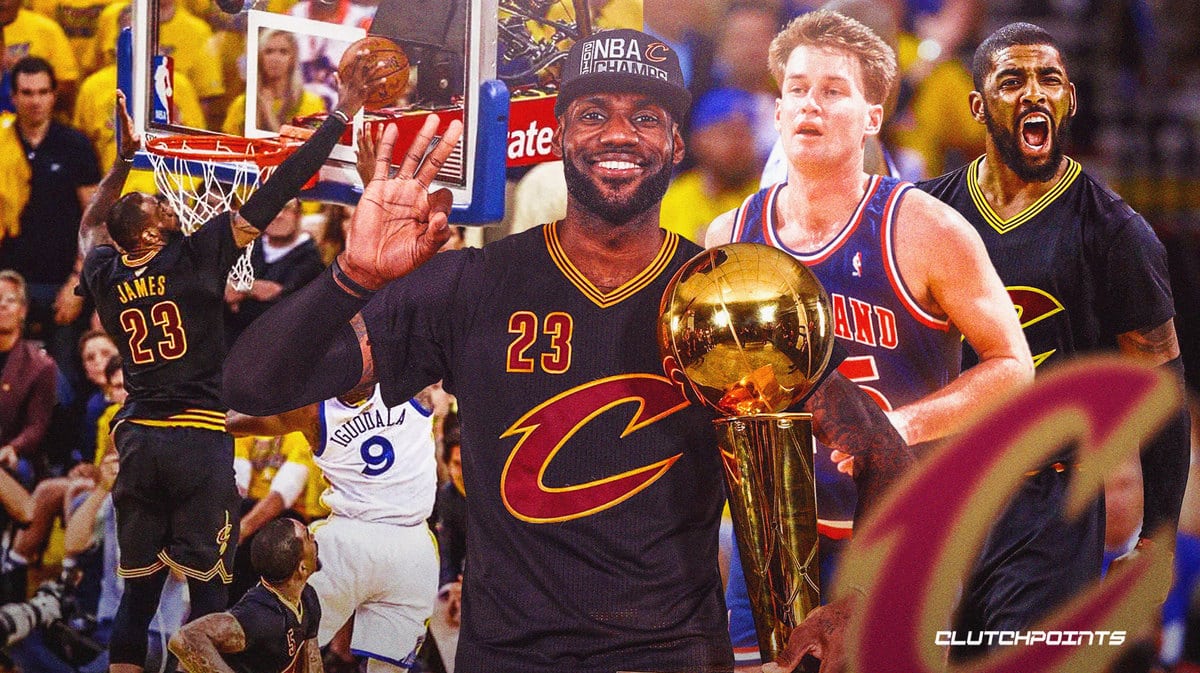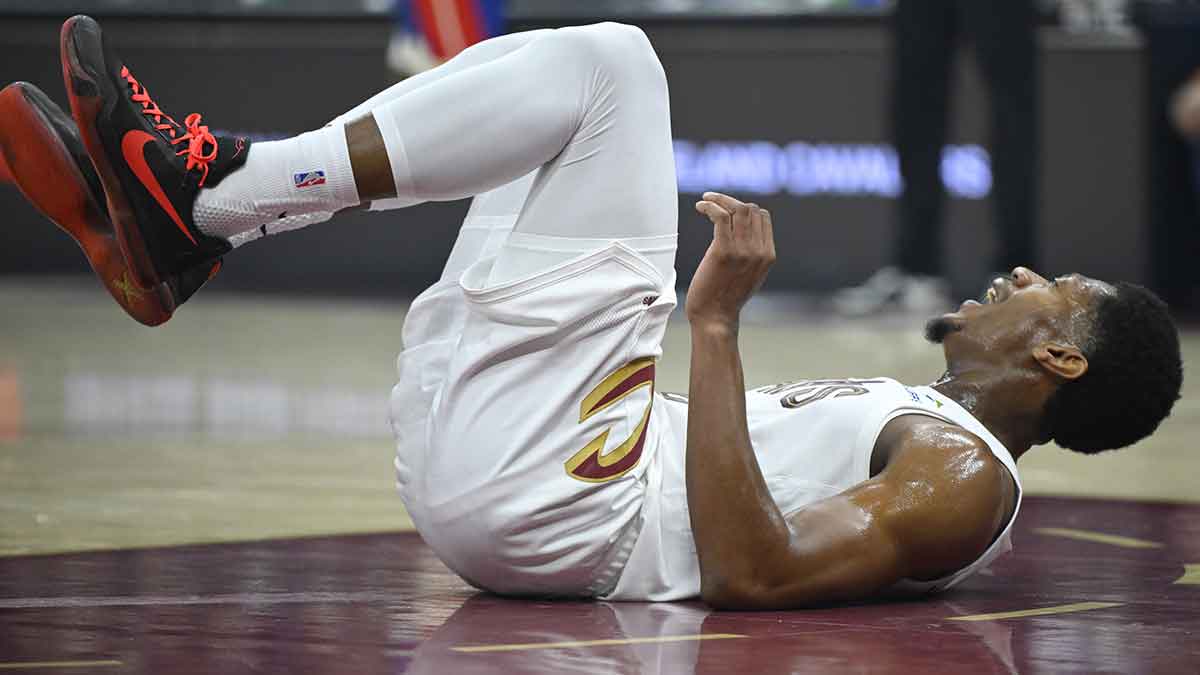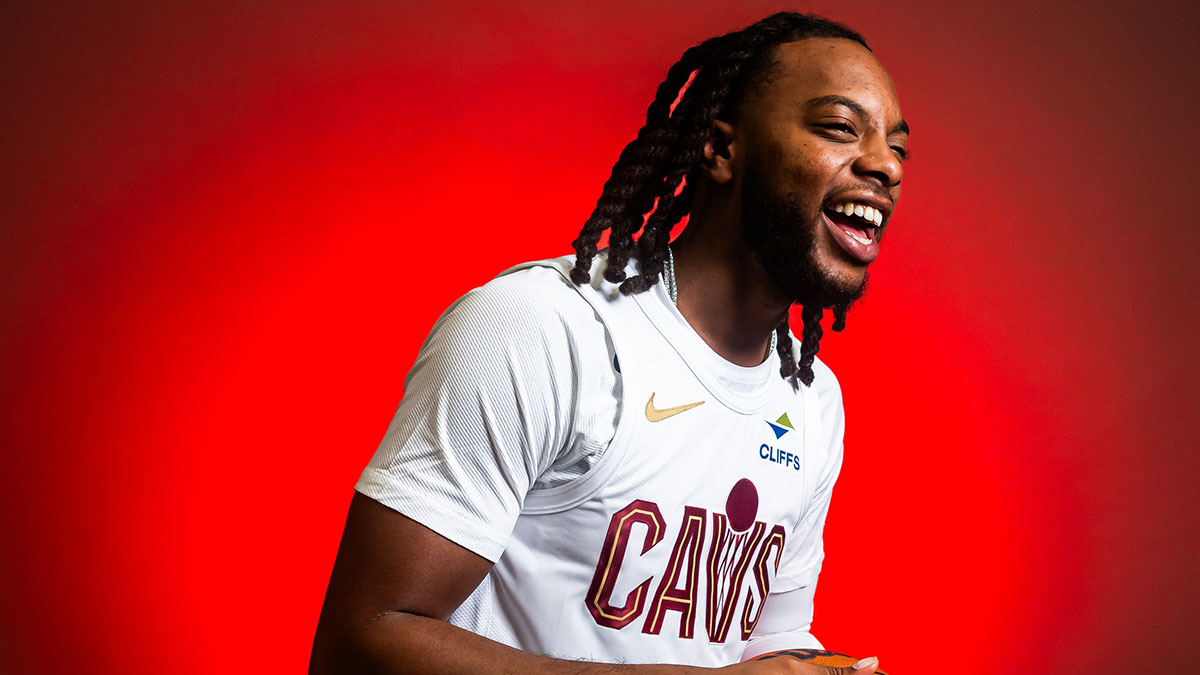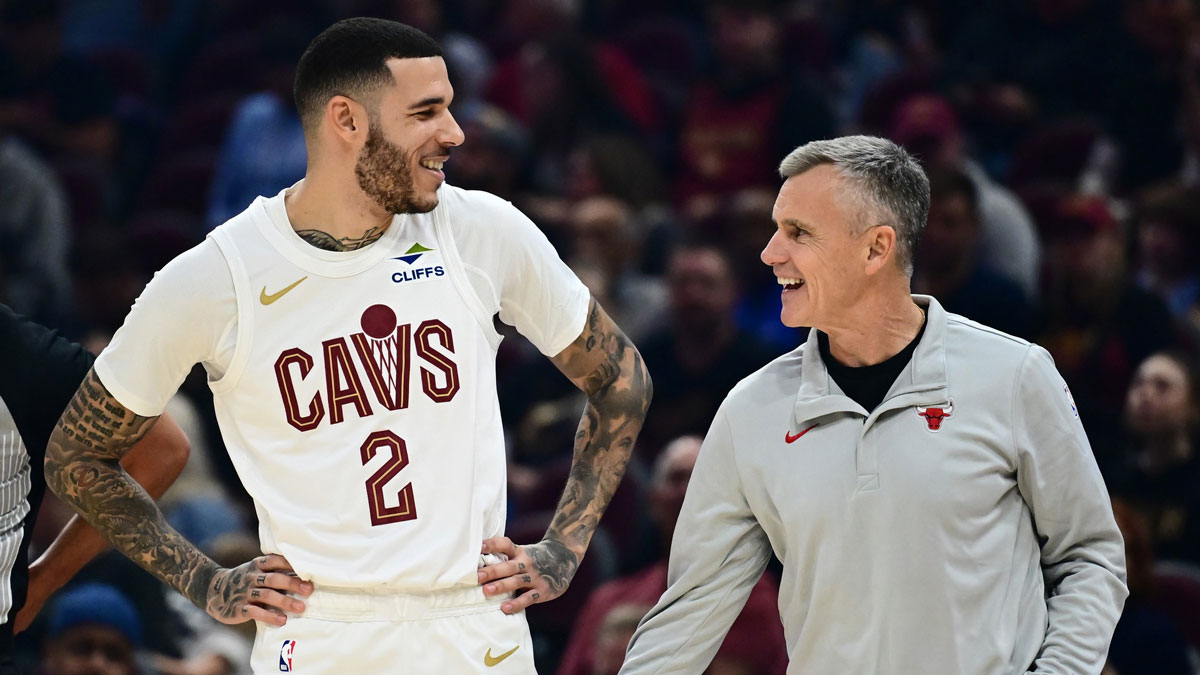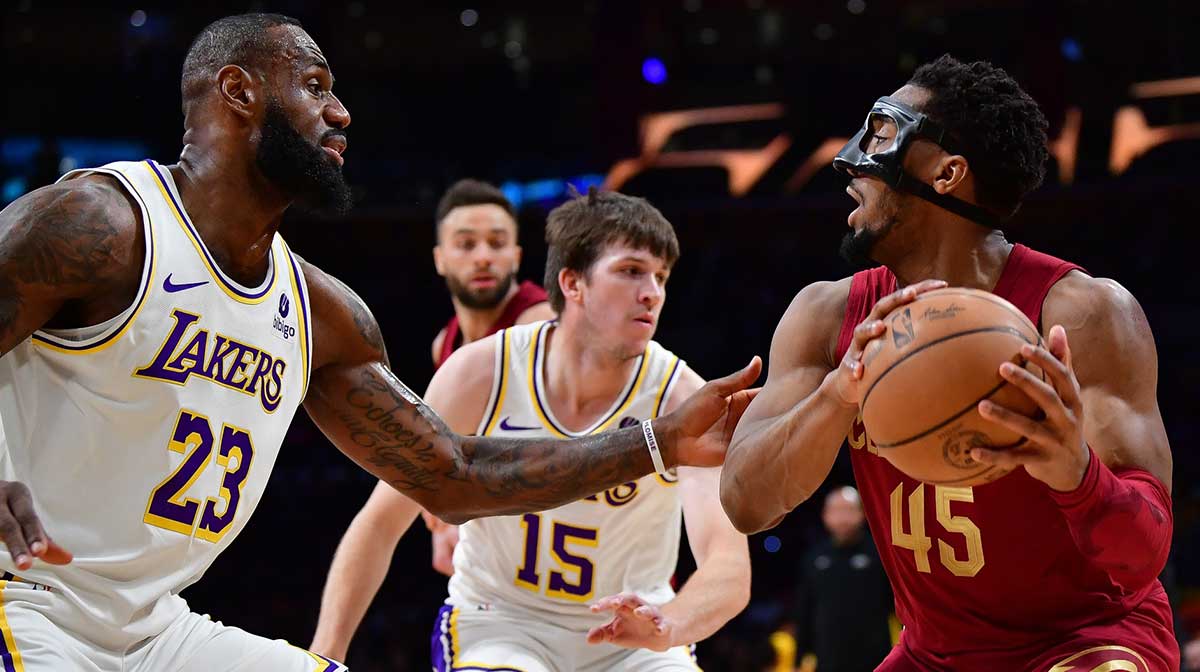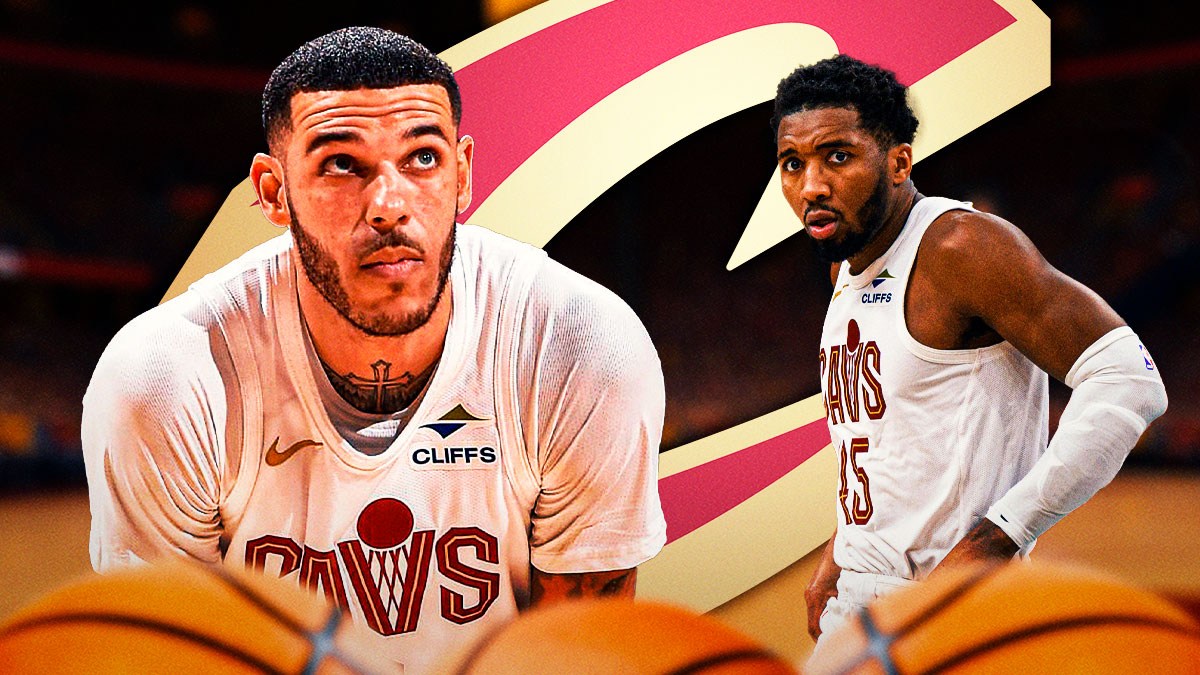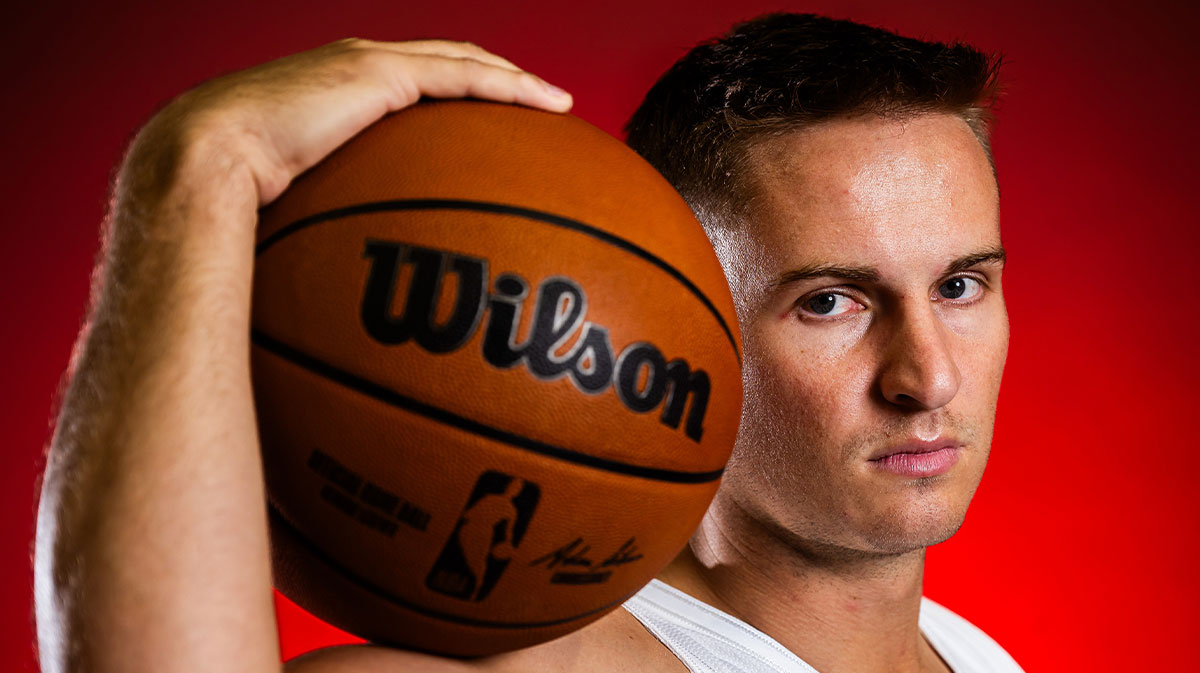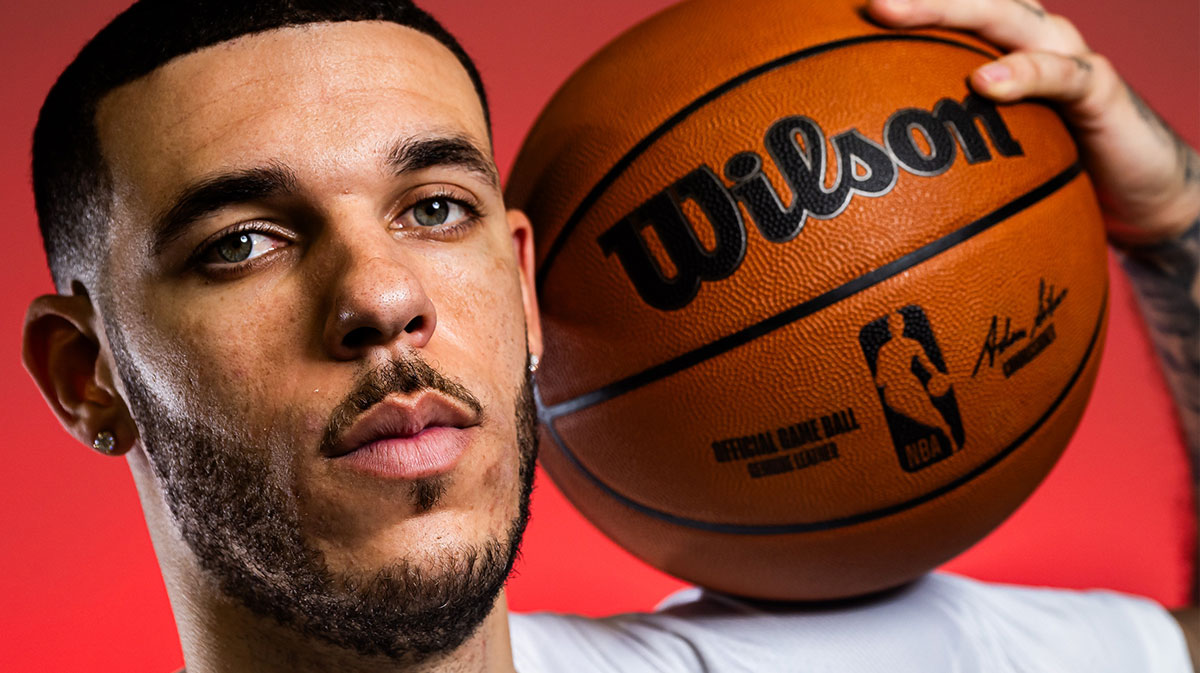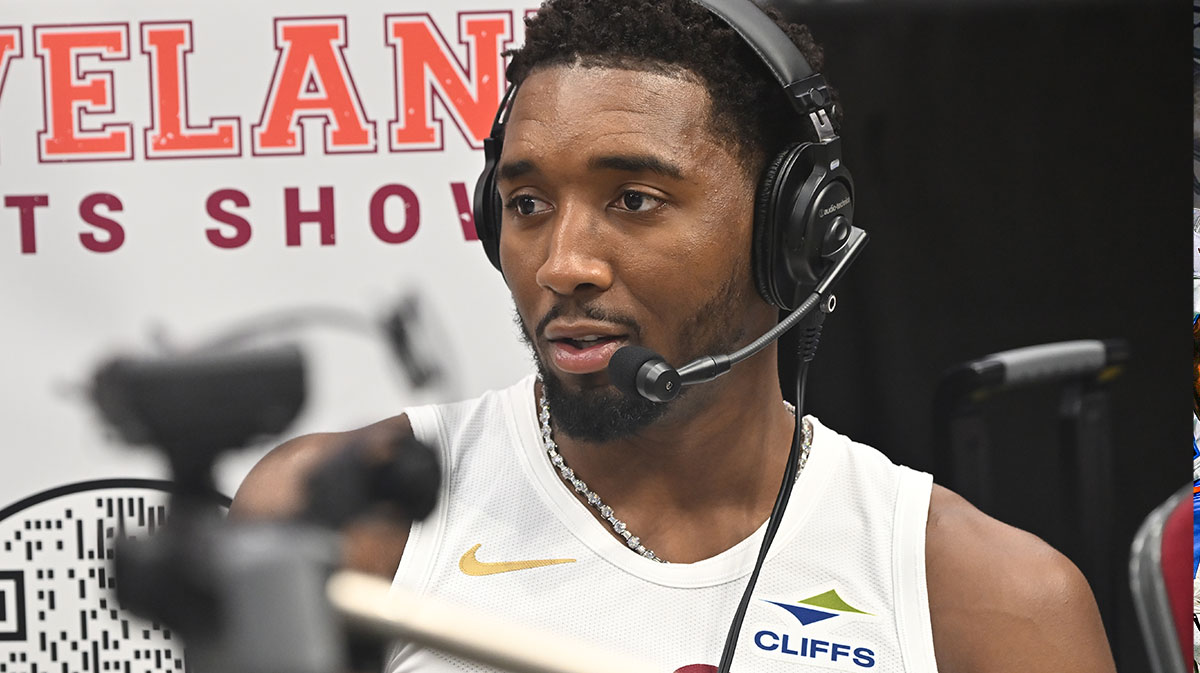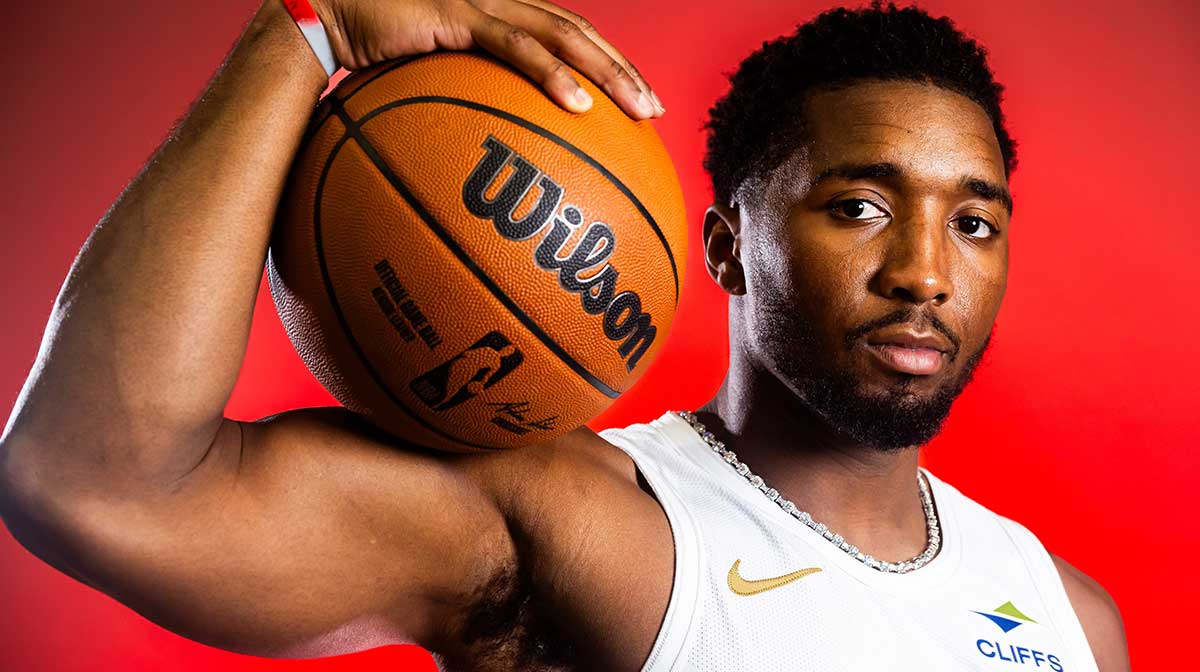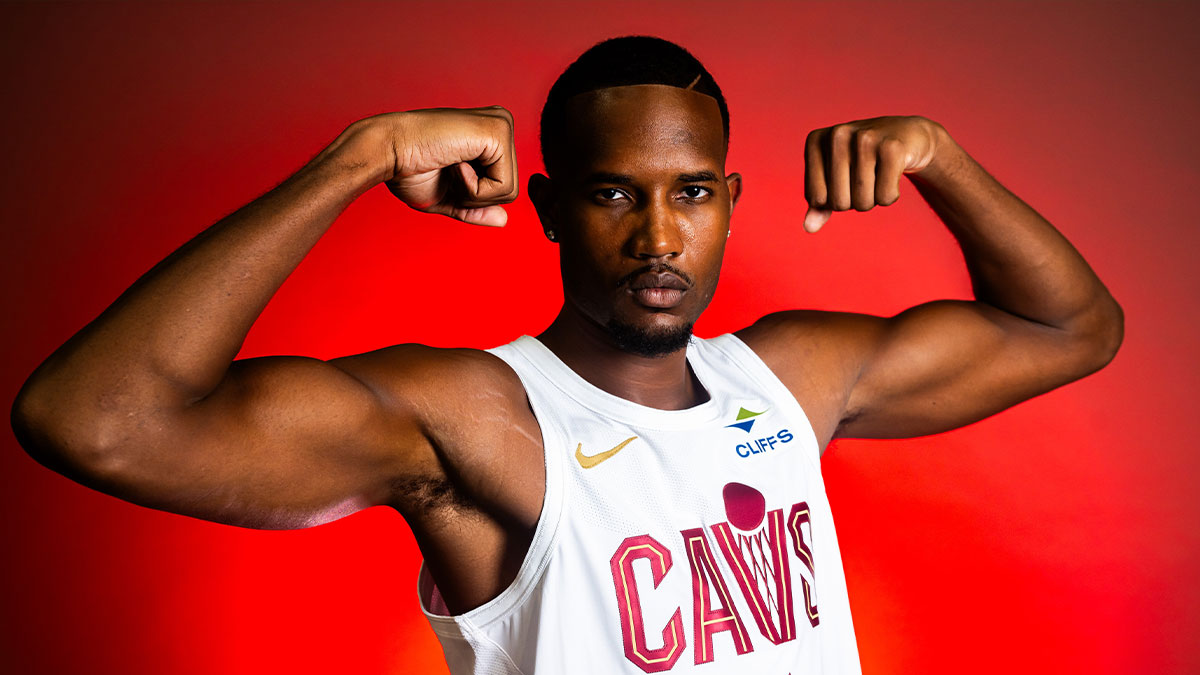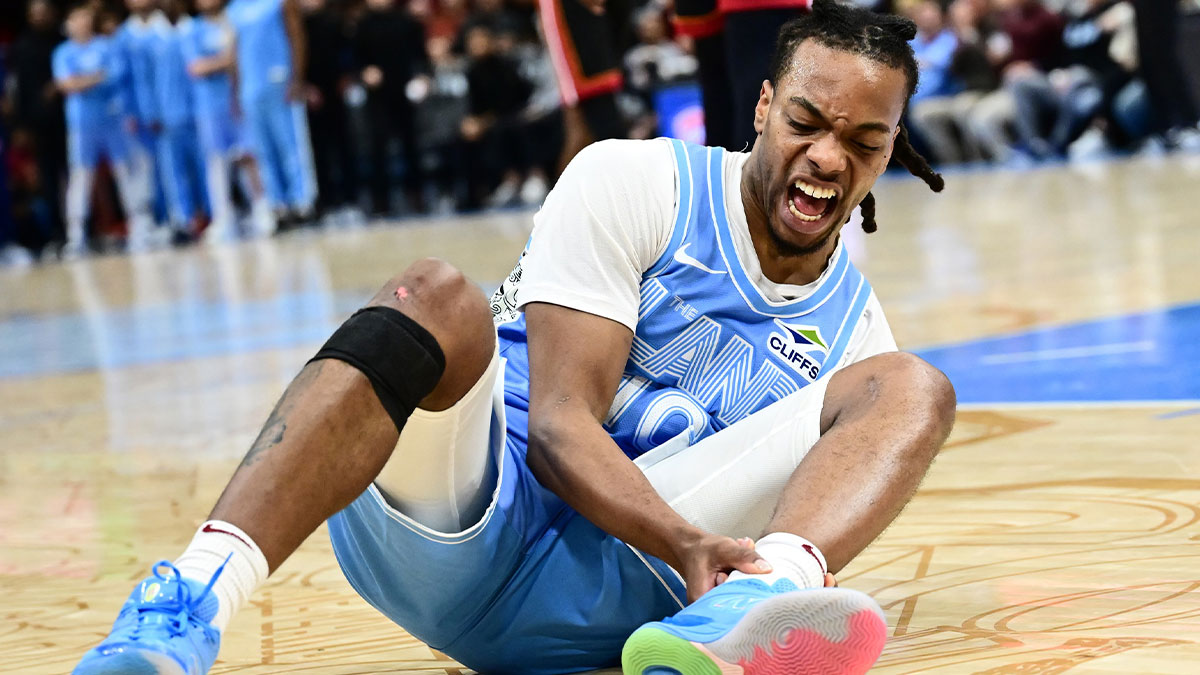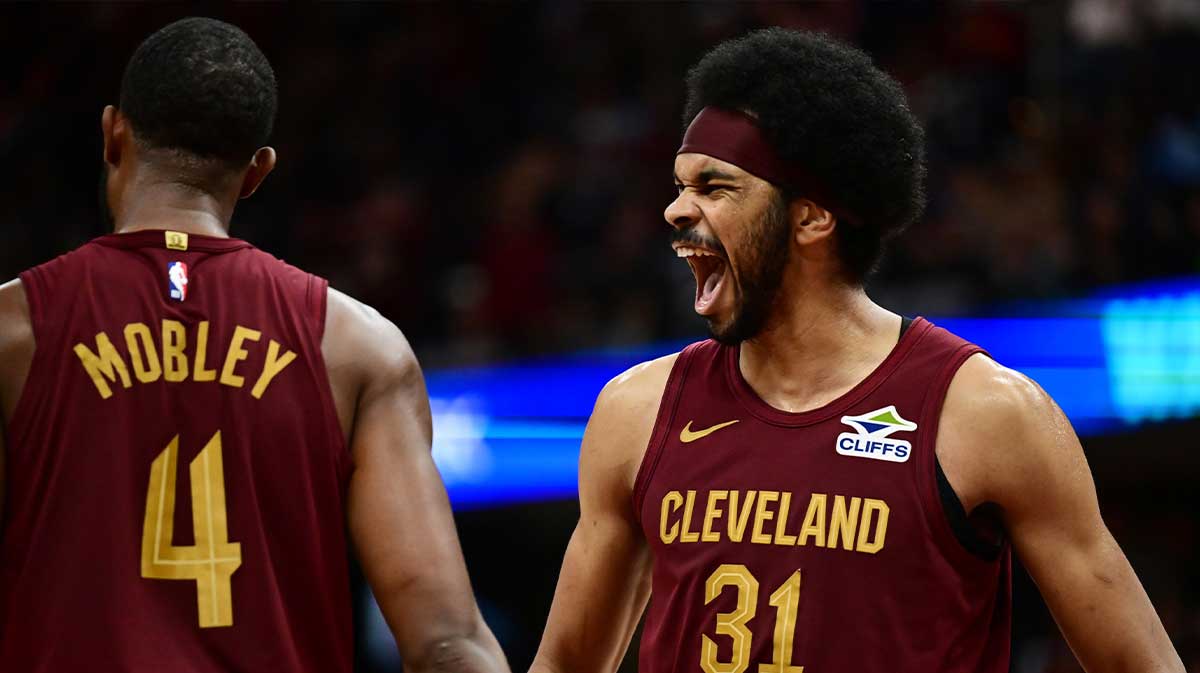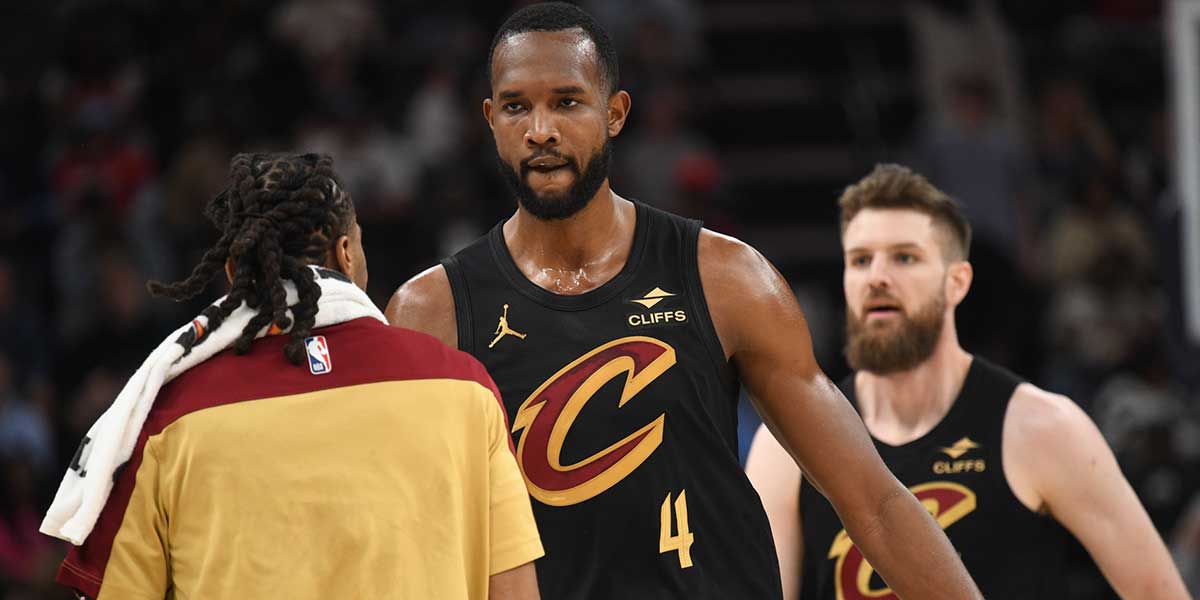The Cleveland Cavaliers franchise has faced its fair share of mismanagement over the years. It's not too often that the league immortalizes a team's ineptitude, but in the case of the Cavs, the Stepien Rule will always remind the team of its troubled past. Nevertheless, the Cavs are still a successful franchise overall, thanks to LeBron James' greatness.
When talking about the greatest teams in Cavs franchise history, expect there to be plenty of LeBron-led teams atop the list. Fans know that a certain iteration of the Cavs in the mid-2010s stands out as the peak version of the team, but which among all the iterations of the team in its 53 years of existence to this point will round out this top 10 list?
Without further ado, here are the 10 greatest teams in Cavs franchise history.
10. 1975-76
Just six years into the franchise's existence, the 1975-76 Cavs won 49 games and posted the third-best record in the NBA. This particular version of the team features the likes of Jim Chones, Campy Russell, Bingo Smith, Austin Carr, and late career Nate Thurmond, boasting solid depth at every position with seven players averaging double figures in scoring.
This Cavs team also made the Eastern Conference Finals, defeating the Washington Bullets (a thing that's going to become a trend for the team later on in its existence) in seven games in the second round after securing a bye from the first round. However, they ended up losing to the Boston Celtics in the ECF, but if there's any consolation, playoff defeats don't get any better than losing to the eventual champion.
9. 1988-89
After nine years of putting up subpar win totals (even making the playoffs as a 36-win team in 1985), the Cavs were beginning to turn it around in the late 1980s. With a core of Mark Price, Larry Nance, Brad Daugherty, and Ron Harper around to lead the way, the Cavs won 57 games during the 1988-89 season, earning the three seed in the Eastern Conference.
The problem was that the Cavs ended up in a matchup against Michael Jordan and the Chicago Bulls. That Bulls team may have won just 47 games but they had His Airness himself ready to elevate his game in the postseason. We all know what happened next: Jordan drove the dagger into the Cavs' hearts in Game 5, hitting a double-clutch shot from midrange over Craig Ehlo to knock off the higher-seeded team.
Had the '89 Cavs played in today's NBA, they would have been the second seed, facing the Philadelphia 76ers instead. But the Cavs failed to win their division, and the New York Knicks won theirs, so by virtue of that distinction, the Knicks earned the two seed — relegating Cleveland to its fate as the recipient of one of the most iconic shots of Jordan's career.
8. 2009-10
No one knew for sure at the time, but this was the season that marked the end of LeBron James' first Cavs tenure. The Cavs were still one of the best teams in the league during this time — in fact, they won the most games in the league in 2010 (61). But the Cavs' postseason performance during that year was very unconvincing, with James not playing like his usual self en route to a six-game series loss in the second round against the Celtics.
James shot just 3-14 from the field at home in Game 5, prompting tons of concern among the Cavs faithful, and he followed that stinker up with an 8-21, nine turnover performance in front of a vitriolic TD Garden crowd as the Cavs bid their season farewell.
Of course, no one expected LeBron James to return to Cleveland in 2014, so many fans rued the fact that not only did James leave the team, but he did so on a poor note.
7. 1991-92
The nature in which the Cavs exited the playoffs in 1989 can tend to have a residual effect on the team's morale for the forthcoming seasons. And for quite a while, it seemed like the Cavs could never recover from Michael Jordan's game-winner. In 1990 and 1991, the Cavs visibly got worse, winning 42 and 33 games, respectively, during those years.
But in 1992, with the team still built on the same core of Mark Price, Brad Daugherty, and Larry Nance, the Cavs were able to bounce back, matching their win total from three years ago (57). And this time, they were able to make it past the first round… and then the second, setting up a rematch against Jordan's Bulls.
In 1992, however, Michael Jordan has ascended into another level, hellbent on building off his championship win the year prior. The Cavs ended up losing in six games in the Eastern Conference Finals, but that shouldn't take away from how solid of a team they were during this campaign.
6. 2008-09
LeBron James was at the peak of his athletic powers during the 2008-09 campaign. Seriously, take a look at James' highlights from his first MVP year, and you will immediately see how different of a beast he was in attacking the rim and finishing with ferocity as he led the Cavs to its franchise-record total in wins (66).
In fact, it looked like the stage was set for the Cavs to make its return to the NBA Finals after two years, with the defending champion Celtics getting knocked out by the upstart Orlando Magic. However, despite James' best efforts against the Magic (he hit an iconic game winner and he averaged 38.5 points, 8.3 rebounds and 8.0 assists during the series), the Cavs faltered in six games — missing the opportunity to book a matchup against Kobe Bryant and the Los Angeles Lakers.
5. 2017-18
The 2018 Cavs had as uninspiring a LeBron James-led regular season as it's gonna get. The Cavs had to endure some less-than-ideal fits on the basketball court (Jae Crowder, Derrick Rose, and Dwyane Wade simply did not fit), and Isaiah Thomas, the main piece the team got in return for Kyrie Irving, was a shell of his former All-Star, King of the Fourth self.
The front office had to press the reset button at the deadline, dealing the aforementioned four (as well as Iman Shumpert) for George Hill, Rodney Hood, Jordan Clarkson, and Larry Nance Jr. to give the Cavs some weapons that fit better alongside LeBron.
But at the end of the day, it's LeBron James' greatness that elevates the standing of this middling playoff team. The Cavs entered the 2018 postseason as the fourth seed, and then they needed seven games just to overcome the Indiana Pacers. But then LeBronto happened, seemingly giving the 2018 Cavs some plot armor as they made it back to the NBA Finals to complete their tetralogy against the Golden State Warriors.
Did the Cavs have a shot against the Warriors five years ago? Even in an alternate universe in which JR Smith is cognizant of the score, perhaps not. But James was a different animal during this run, helping set apart a Cavs team that was noticeably worse than its previous three iterations.
4. 2006-07
LeBron James became too good, too fast, leading the Cavs all the way to the NBA Finals just four years into his career. It was in the 2007 postseason that James went up a level, as he scored 25 straight points in fourth quarter and overtime to give the Cavs a 3-2 series lead against the Detroit Pistons in the Eastern Conference Finals. It was a passing of the torch of sorts, as the Pistons, a team that dominated the East in the past five years, simply could not stop James during that fateful night.
Of course, this Cavs team were on the receiving end of a sweep in the Finals, much like the 2018 squad. But this iteration of the team had a healthier net rating, a better defense, and were a higher seed in their conference. For the sake of this list, it puts them above the 2018 team, even if the 2018 version of LeBron would run circles around the 2007 one.
3. 2014-15
LeBron James had only one thing in mind when he made his return to the Cavs — to finish what he started and bring the franchise's first championship. To that end, the Cavs traded for Kevin Love to complete the team's big three – James, Love, and Kyrie Irving.
It didn't result in too much success right away, however, as James had to make some passive-aggressive remarks all the while engaging in a silent beef with head coach David Blatt. But the talent in the Cavs squad was apparent, especially after they acquired JR Smith and Iman Shumpert to give the team more defense and shooting.
However, injury woes put a damper on the Cavs' impressive playoff run. The team lost Kyrie Irving and Kevin Love in the 2015 NBA Finals; by the end of their first clash against the Warriors, the Cavs had to run LeBron James isolations with Timofey Mozgov and Tristan Thompson crashing the glass just to have a chance, falling short in six games in the end.
2. 2016-17
The 2015 Cavs may have won more games in the NBA Finals than the 2017 team, but make no mistake about it: the 2017 Cavs were better in every single way. For starters, the Cavs dominated the playoffs, losing just one game en route to the NBA Finals.
Their offense peaked during this year. With James in year three of his partnership with Kyrie Irving and Kevin Love, and the Cavs boasting incredible marksmanship at every position, they would have been the favorite to win the championship if the Kevin Durant-Warriors partnership did not happen.
Alas, they ran into the Warriors buzzsaw. It's hard to imagine any team in NBA history preventing that version of the Dubs from winning the championship, so credit must go to the Cavs for at least going toe-to-toe with arguably the greatest team in NBA history.
1. 2015-16
Does this need any more explanation? Many counted out LeBron James and the Cavs after the 73-win Warriors had gone up 3-1 in the 2016 NBA Finals. But James, by sheer force of will, led the way in what still remains the greatest comeback in NBA history — perhaps even in the history of professional sports — as the Cavs won its first championship in its many years of existence.

